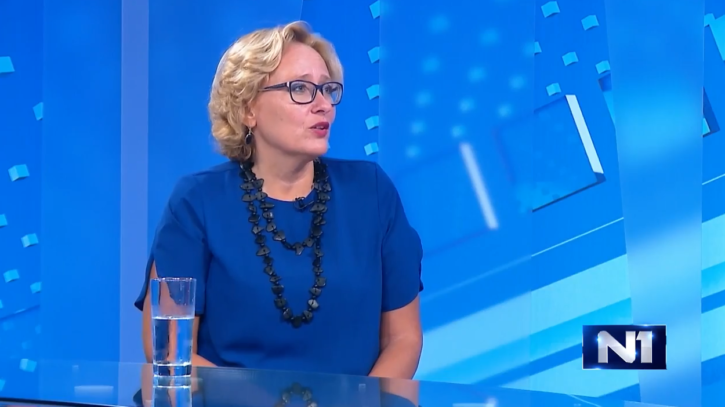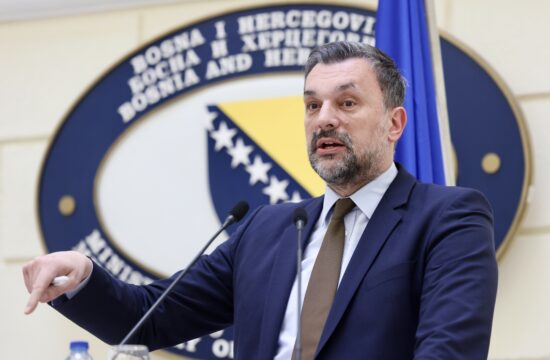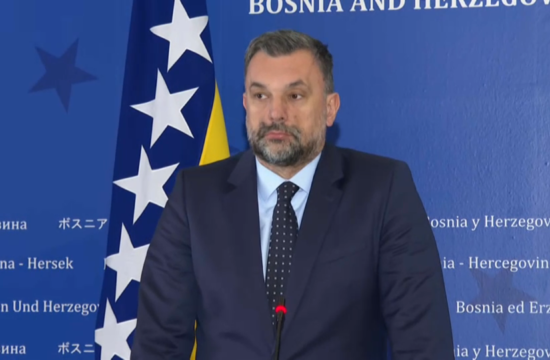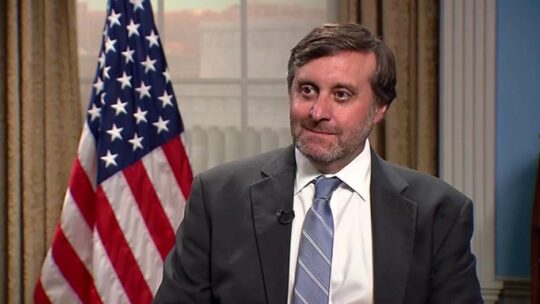
Croatia's ombudswoman Lora Vidovic warned on Wednesday that various attempts to downplay World War II crimes committed by the Ustasha regime of the wartime Independent State of Croatia (NDH) undermine the fundamental values of Croatia's Constitution, adding that the failure to respond to these attempts in public "creates space for hatred."
“Attempts to deny the nature of NDH and the scope of crimes committed by the Ustasha regime, public displays of NDH symbols, or using phrases expressing sympathy for the regime, have become so widespread in the Croatian society that they have become almost tacitly accepted,” Vidovic said in a report published on her official website.
Vidovic added that more education and more fostering of tolerance and the culture of historical memory is needed, citing a 2015 survey of senior secondary school students, which found that half of all the teenagers polled couldn't say for sure whether NDH was a fascist state.
She said that the European Commission against Racism and Intolerance (ECRI) recommended in a report in May this year that Croatia's authorities “should introduce compulsory human rights education as part of civic education into all school curricula, especially regarding the right to equality and the prohibition of discrimination.”
“All responsible members of society must play an important role to constantly react to attempts to downplay the nature of the Ustasha government (in the public discourse), in order for these attempts to stop being a relevant factor for the forming of public opinion… But by far the largest responsibility is on government authorities – which should ensure that the Constitution is respected and applied, and that laws are complied with – in order to counter behaviours which symbolically or directly support or glorify NDH and deny or downplay the crimes its regime produced,” Vidovic said.
“It should be clearly emphasised that according to the Constitution the state sovereignty of modern-day Croatia is based on opposition to NDH, that NDH contravenes present-day Croatia, and that in 2005 the Parliament adopted a Declaration on Anti-fascism, reaffirming Croatia's roots in and commitment to anti-fascism and democracy,” she said.
Jasenovac ceremony should involve all victimised groups
She went on to say that the demands of the Roma, Serb, an Jewish ethnic communities and anti-fascist groups should be taken into account to enable a single remembrance ceremony for the victims of the Ustasha regime at Jasenovac, which everyone would take part in.
The annual Jasenovac rememberance ceremony, taking place in April and held at the site of a World War II Ustasha-run concentration camp in central Croatia in which thousands of ethnic Serbs, Jews, Roma, and anti-fascists were killed, has become a point of contention in recent years.
Starting in 2016, major associations representing these groups began boycotting the official state-sponsored ceremony at the site, for what they say is the government's tacit approval and failure to respond to the whitewashing of the Ustasha regime and its symbols in the public discourse, done by various right-wing groups.
Instead, they decided to organise their own ceremonies separately. This year, the main Jewish association marked the event on April 15, and ethnic Serb and anti-fascist groups on April 21, both eschewing the official ceremony held on April 22.
In addition, the main Roma group in the country took part at the state-sponsored event, but also organised another one at a nearby village of Ustica in August, where some 17,000 Roma had been killed.
The main event was attended by Parliament Speaker Gordan Jandrokovic, but not by President Kolinda Grabar-Kitarovic, who first announced sending a special envoy to the event, and then later tweeted a picture of her and her envoy visiting the memorial unannounced on April 20.
Follow N1 via mobile apps for Android | iPhone/iPad | Windows| and social media on Twitter | Facebook.




